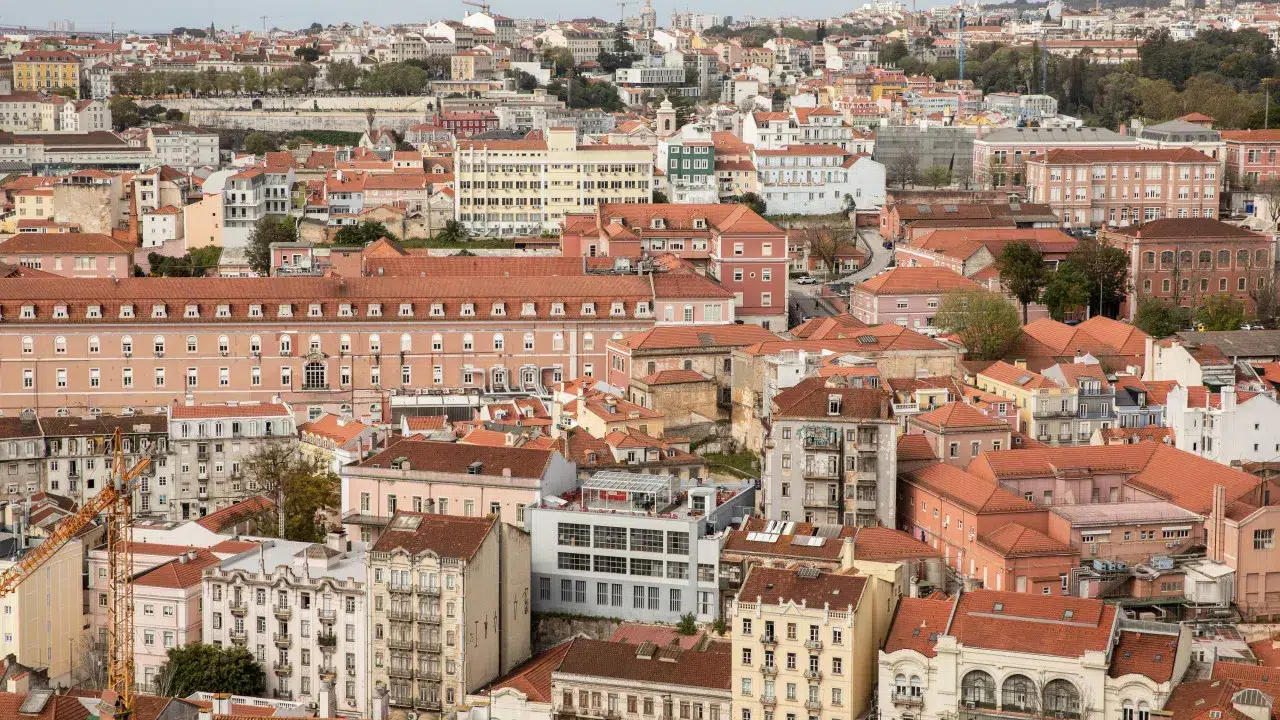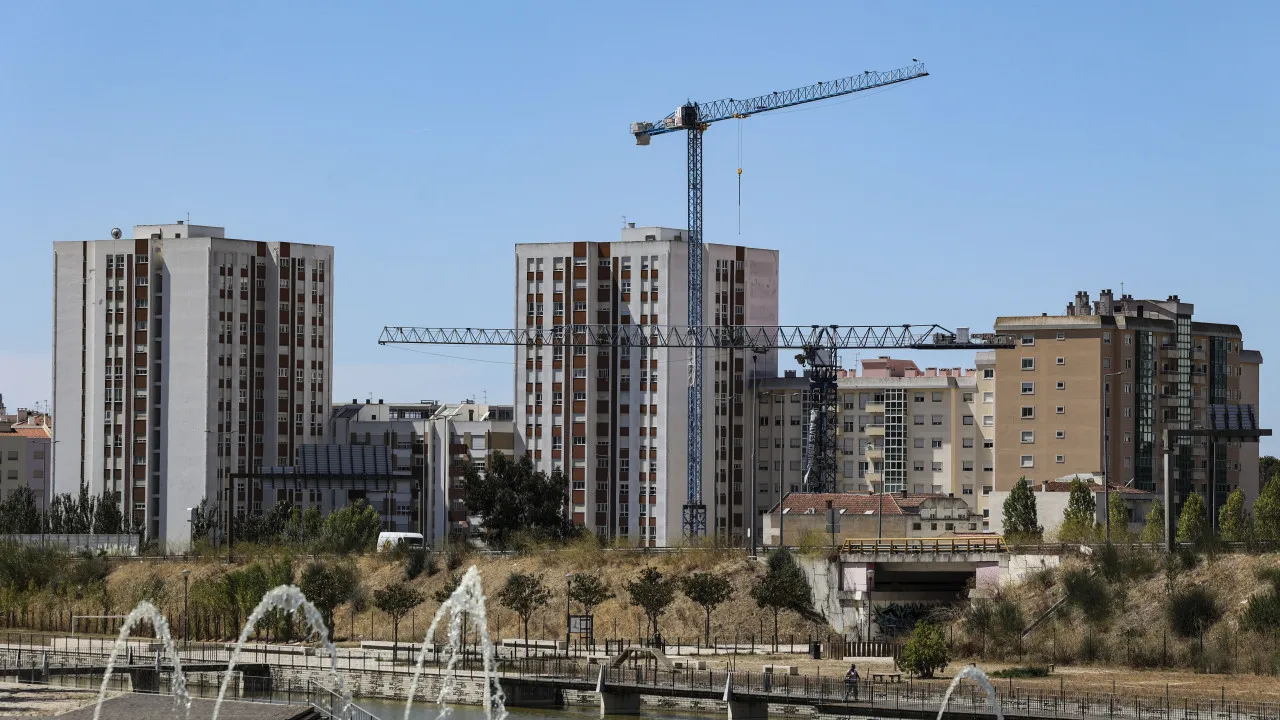
The Portuguese Tax Authority (AT) announced today on the Finance Portal that the application of a reduced VAT rate of 6% is permissible only under specific conditions in response to an inquiry from a social solidarity institution (IPSS) constructing a senior residence in Cabeceiras de Basto.
This position holds significance as it aligns with a recent Supreme Administrative Court (STA) ruling from March 26, offering clarity on longstanding litigations and conflicts with previous arbitration decisions regarding taxpayers’ appeals for VAT reductions.
The clarification becomes crucial, potentially averting future litigation by affirming the AT’s stance would likely prevail in the higher court. It states that construction projects in Urban Rehabilitation Areas (ARU) can benefit from the reduced VAT if they qualify as “urban rehabilitation” projects under the legal framework, take place within an ARU, and are part of a formally approved Urban Rehabilitation Operation (ORU) by the municipal council.
Legislative changes in 2023 have updated these conditions, shifting from “urban rehabilitation” to “building rehabilitation” effective from October 7, 2023. Yet, projects initiated prior to this date or backed by earlier favorable advance information remain under previous guidelines.
In this instance, the IPSS’s construction license from September 2019 meant the older rules applied. The IPSS advocated for the 6% VAT rate since the Cabeceiras de Basto Council had initially recognized the project’s relevance to ARU objectives.
Nonetheless, the council failed to formally complete the ORU, prompting the contractor to apply the standard 23% VAT, leading to significant cost increases and jeopardizing the project’s financial viability, as the IPSS argued to the AT.
The AT confirmed that despite the residence being in a duly demarcated ARU, the lack of a formally approved ORU at the time of the contract meant the 6% VAT was not applicable.
This scenario equally applies to private proprietors undertaking similar projects in ARUs without approved ORUs, with licenses preceding the legal adjustment of October 2023.
Meanwhile, Prime Minister Luís Montenegro’s administration aims to expand scenarios eligible for the reduced VAT rate, proposing to lower VAT to 6% on construction and rehabilitation works, with a tax incidence ceiling relative to the final property value in this legislative period.




